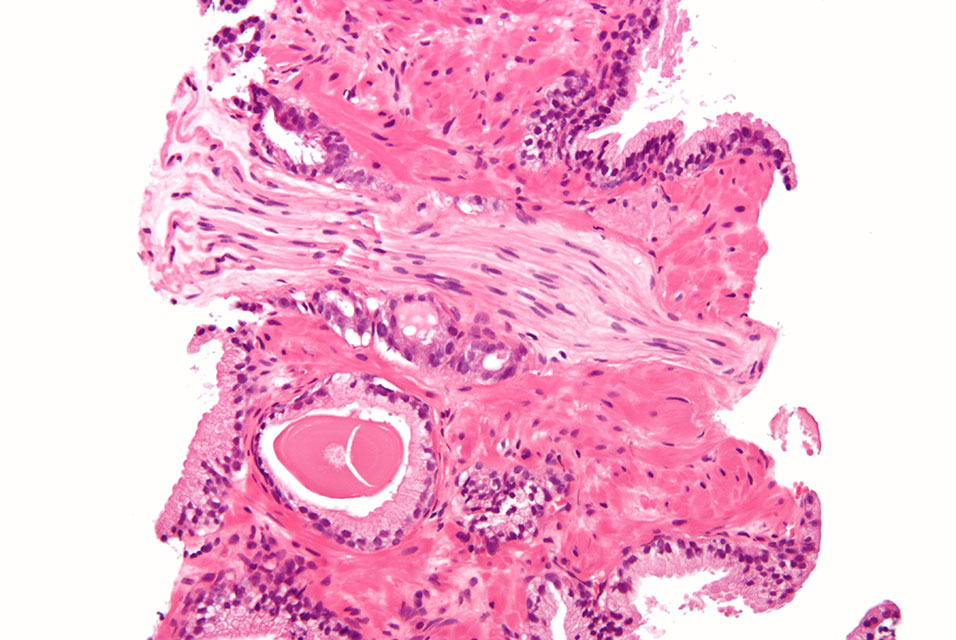NEW YORK, NY.- Researchers have identified a genetic signature in localized prostate cancer that can predict whether the cancer is likely to spread, or metastasize, early in the course of the disease and whether it will respond to anti-androgen therapy, a common treatment for advanced disease. The new gene signature may also be useful for evaluating responses to treatment and for developing new therapies to prevent or treat advanced prostate cancer.
“If we could know in advance which patients will develop metastases, we could start treatments earlier and treat the cancer more aggressively,” says the study’s senior author, Cory Abate-Shen, PhD, chair of the Department of Molecular Pharmacology and Therapeutics, the Michael and Stella Chernow Professor of Urologic Sciences (in Urology), and professor of pathology & cell biology (in the Herbert Irving Comprehensive Cancer Center) at
Columbia University Vagelos College of Physicians and Surgeons.
“Conversely, patients whose disease is likely to remain confined to the prostate could be spared from getting unnecessary therapy.”
The study was published online in Nature Cancer.
Existing tests can’t identify aggressive cancers
Prostate cancer is the second-leading cause of cancer death among men in the United States; about 33,330 men are expected to die of the disease this year.
Most prostate cancers remain confined to the prostate and can be successfully managed by active surveillance or local therapy (mainly surgery or radiotherapy), with five-year survival rates above 99%. But once prostate cancer spreads, it is considered incurable, and five-year survival rates drop to approximately 30%.
“The problem is that with existing tests, it’s hard to know which cancers are which,” says the study’s lead author, Juan M. Arriaga, PhD, associate research scientist in molecular pharmacology and therapeutics at Columbia University Vagelos College of Physicians and Surgeons.
“We miss a lot of aggressive cancers that should have been treated earlier, and we overtreat some slow-growing cancers that probably would not have spread.”
New gene signature first identified in new mouse model
To identify a more accurate method of predicting advanced prostate cancer, the researchers first created a mouse model of prostate cancer that accurately reflects the human form of the disease, including how the cancer spreads to the bone, the tissue most often affected by prostate cancer metastases.
Using this first-of-its-kind mouse model, the researchers discovered that bone metastases have a different molecular profile than that of primary tumors. “By focusing on those differences, we were able to identify 16 genes that drive localized prostate cancer to metastasize,” Abate-Shen says.
16 genes predict metastasis in patients
The genetic signature, called META-16, was then tested on biopsies from several hundred patients with localized prostate cancer. The outcomes of those patients were blinded to the researchers.
The Columbia team found that META-16 was highly effective at predicting time to metastasis and response to anti-androgen therapy (which is used to suppress androgen, the male hormone, which promotes tumor progression).
The team is currently refining the test, which they then hope to evaluate in a prospective clinical trial.
In theory, META-16 could also be used to develop therapies against metastatic prostate cancer.
“The genes in our signature are not only correlated with metastasis, they appear to be driving metastasis,” Arriaga says. “That means that if that we can suppress the activity of those genes, we might be able prevent the cancer from spreading or at least improve outcomes.”









